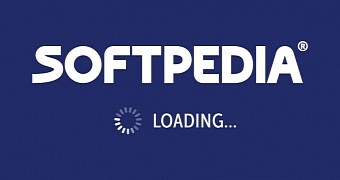When it comes to protecting the Internet, everyone chipped in this week. The numbers for the results of the Internet Slowdown Day protests are in and they’re spectacular.
As we were reporting the other day, at its peak, Congress was getting 1,000 calls per minute about Net neutrality. The total number of calls made was 303,099, which means that the average was of about 210 calls per minute over the entire day.
Even more impressive is the fact that 2,167,092 new emails were sent to Congress on the topic of Net neutrality, while the number of comments the FCC has to go through grew by 722,364.
Since some were quick to say that no one actually protested against the slaughter of net neutrality, it’s quite satisfying to see such numbers. Of course, to anyone who has kept a close eye on the event, it was obvious that there were going to be plenty of participants.
The number of big Internet companies that joined the protests is quite high, with the list including names such as Google, Mozilla, Netflix, Reddit, Etsy, Tumblr and more, as well as countless advocates and news sites, including Softpedia.
Considering that these sites have millions upon millions of visitors each day, a high number of visitors were bound to take action against the demise of net neutrality.
Why Net neutrality is highly important
As you probably know by now, net neutrality is the concept that all Internet traffic must be treated the same, regardless if it comes from traffic hogs such as Netflix and YouTube, or smaller companies.
The FCC was told by a court, following a lawsuit from Verizon, that it could not legally force ISPs to respect net neutrality rules. With few options left, the FCC wanted to control part of the situation by allowing ISPs to create fast lanes under a certain list of rules, which is exactly what the ISPs wanted.
Of course, these fast lanes are only called so with the name since there would be no network updates to sustain them. More specifically, the companies that would have enough money to pay for access to these would get the full broadband experience, while the traffic speeds of all other companies would get slowed down.
Hence, the ever-loading wheel that sites displayed on the Internet Slowdown Day as a warning to what could happen if net neutrality is not protected. Not only could the ISPs control Internet speeds for various companies, forcing them to pay up or suffer the slowdown, but they could also force users to only check out content that they approve of.
After all, in the era where we’ve become so impatient that a site that loads slowly gets shut down immediately, many businesses would be in danger.

 14 DAY TRIAL //
14 DAY TRIAL //